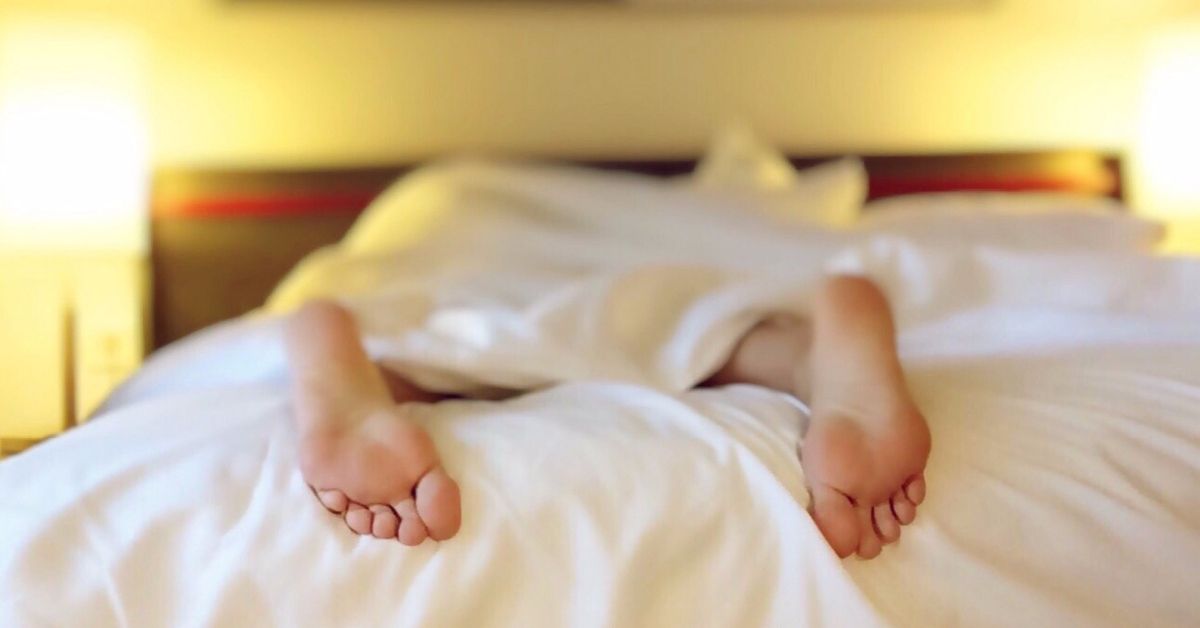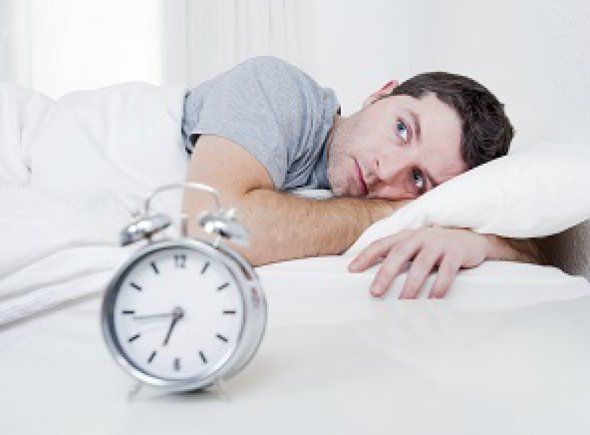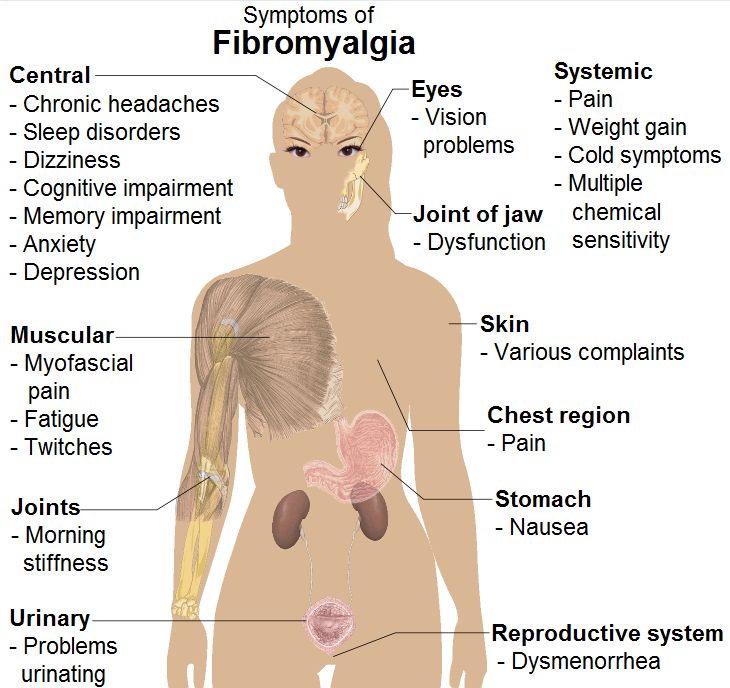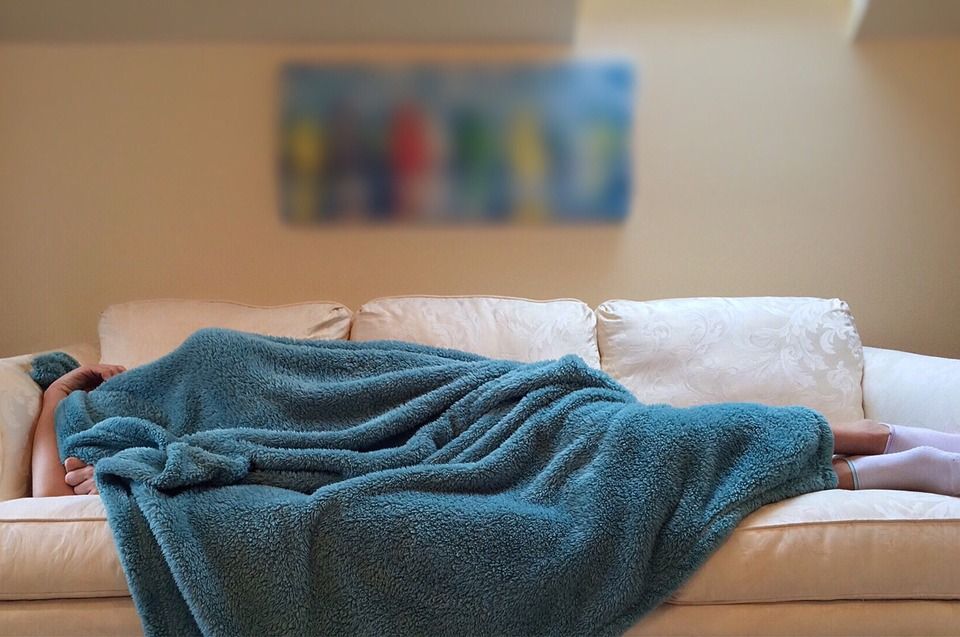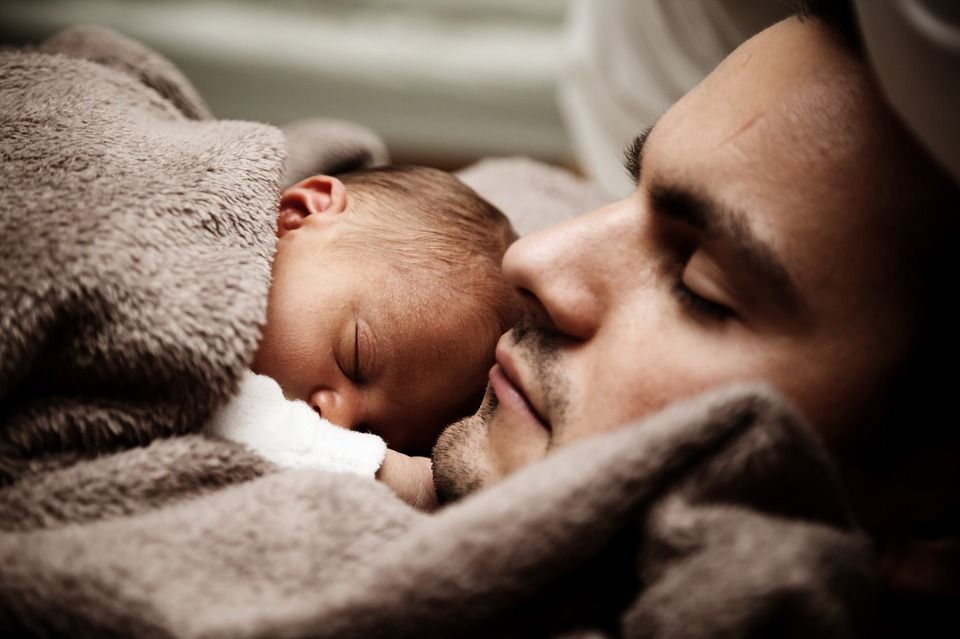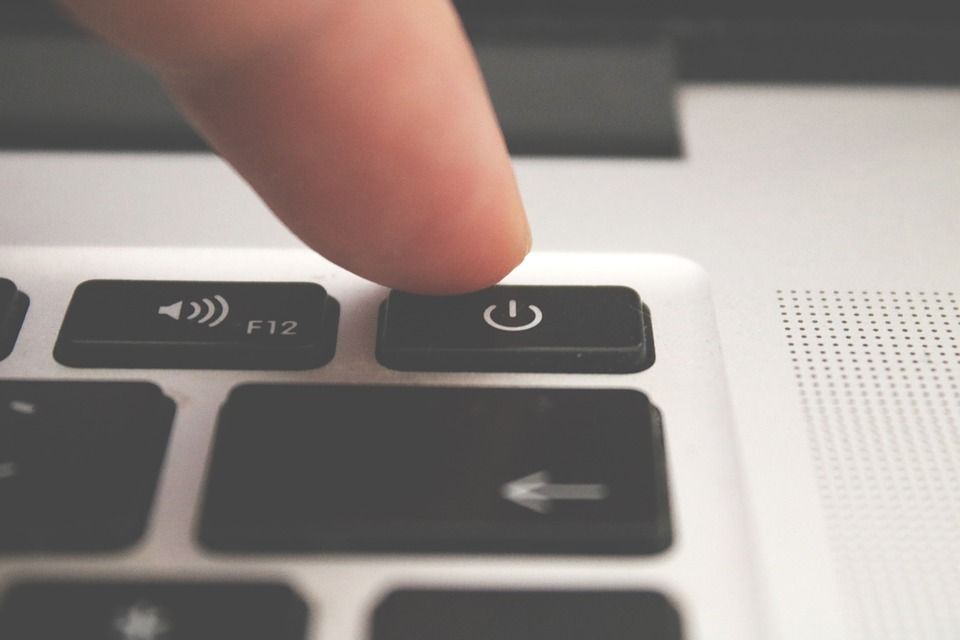For some people, being a morning person just comes natural to them.
But if you think waking up at the crack of dawn, all bright-eyed and bushy-tailed may seem like an impossible task, you're not alone.
Although it can be hard leaving the comfort of your cozy bed, even if sunlight enters your room, staying curled up in your duvet may not actually be attributed to suspected laziness.
What is dysania?
If you feel that you struggle to get out of bed more than you used to, it may be because you have dysania.
Dysania, also known as clinomania, is a chronic psychological condition that makes you feel a strong urge to remain in bed.
Although dysania has yet to be medically recognized, those who believe they have the condition feel genuine panic when at the thought of leaving their safety net.
However, it's unlikely that an individual will suffer from dysania alone.
This condition is often related to mental health issues, as those suffering from dysania also have anxiety and depression.
"Dysania is a rarely used term for 'I-don't-get-out-of-bed-in-the-morning,'" said Dr. Mark Salter, from the Royal College of Psychiatrists. "It is a behavior sometimes seen in those suffering from a major depressive disorder."
This illness could also be the catalyst for chronic fatigue syndrome or fibromyalgia.
Symptoms of the condition
Although there are times we all feel like we need a few extra minutes of shut eye, those who have dysania feel that the illness affects their life in a way that general tiredness would not.
Unlike people who just feel reluctant to get out of bed, people with dysania would rather stay in bed, despite the fact that they have tasks and responsibilities to complete that day.
According to Rise and Shine, you can determine if you have dysania through word association.
If you use words such as "tiresome" or "frustration" when describing getting up in the morning, chances are nothing is out of the ordinary.
However, if you use words like "stress" or "overwhelming," it may be time to see a doctor.
Salter said when he sees patients with these symptoms, he starts by determining if there is anything physically wrong with them.
"Sleep disturbance, lethargy, and early morning waking are bodily symptoms [of depression]," Salter explained. "The lethargy combined with early morning waking sometimes manifests itself as a complete inability to move."
"People with severe depression, for example, may not be able to raise their hand to drink a glass of water."
Coping with sleep problems
If you think you have dysania, altering your sleeping habits could help improve your condition.
Adults generally need between six and nine hours of sleep a night, so once you figure out how much you need, it's crucial to set a regular bedtime.
Make sure you're in a relaxed state before hitting the sack, which can be achieved by taking a bath or partaking in yoga.
It's also important to shut down electronics such as your mobile phone and laptop half an hour before you go to bed.
Try to also avoid indulging in smoking or alcohol and food consumption during that time period as well.
If this doesn't help, BBC 3 recommends engaging in sex or masturbation in an effort to make you feel drowsy.
[H/T: Mirror, Daily Mail, BBC 3]
